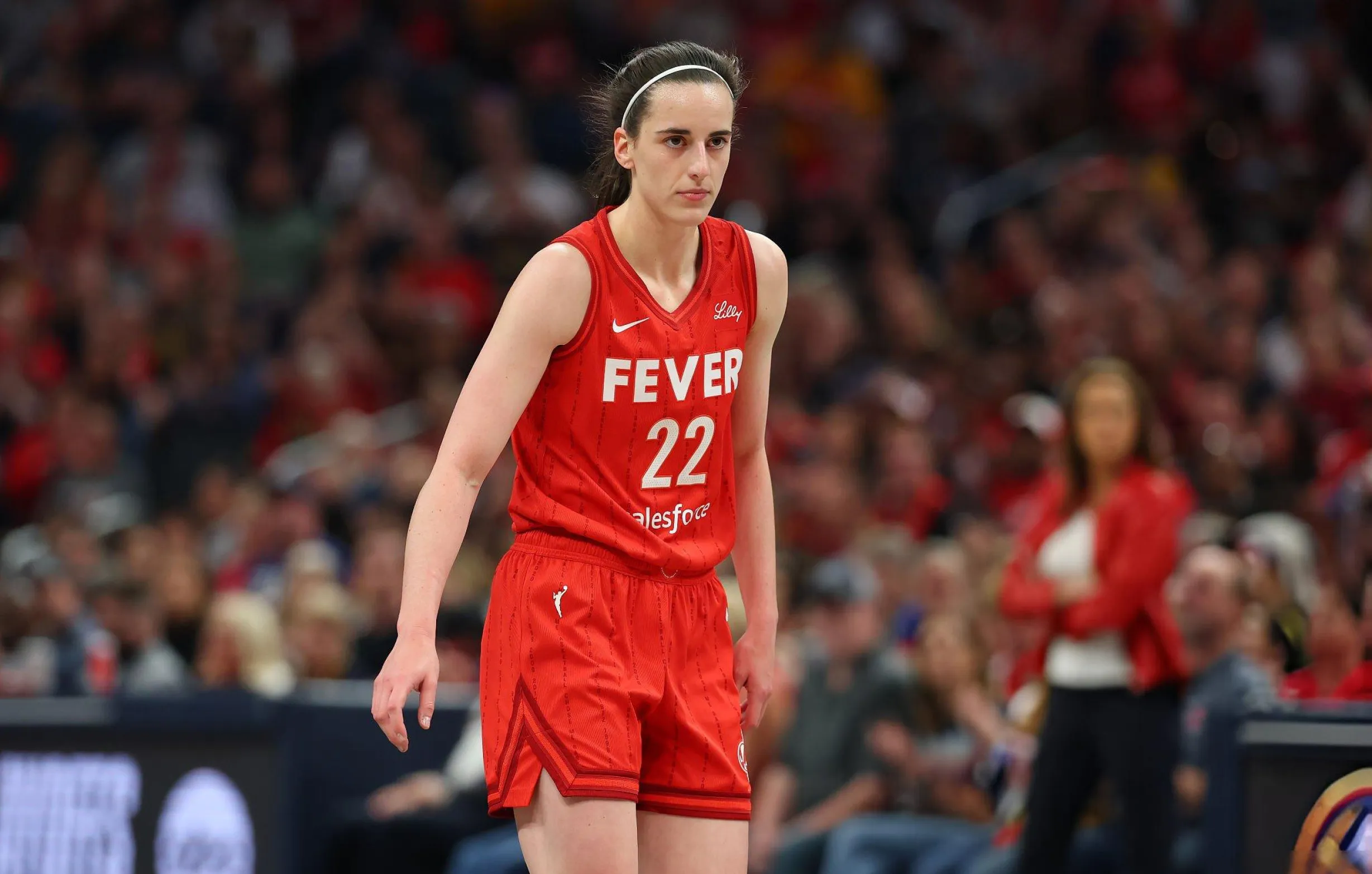Indiana Fever
Cunningham Critiques WNBA Expansion Plans for New Cities

As the WNBA gears up for a significant expansion, Indiana Fever guard Sophie Cunningham has voiced her concerns regarding the selection of two out of the three proposed cities. The expansion, which is anticipated to bring fresh excitement and new opportunities to the league, has sparked a debate within the basketball community, particularly among current players.
Cunningham, known for her outspoken nature on and off the court, expressed her reservations during a recent interview. She highlighted the importance of choosing cities that not only have a strong basketball culture but also a supportive fan base. According to ESPN, Cunningham specifically took issue with the viability of the two cities selected for expansion, questioning their commitment to nurturing a successful WNBA franchise.
“I think it’s crucial that we look at cities that are already invested in basketball,” Cunningham stated. “If we want this league to grow and thrive, we need to be strategic about where we’re putting our teams.” Her comments reflect a broader sentiment among players who believe that the league’s growth should prioritize locations where basketball is part of the local identity.
The expansion cities have not yet been officially disclosed, but speculation has been rampant among fans and analysts alike. While some believe that new markets could invigorate the league, others worry that without a strong local support system, the teams could struggle to find their footing. Cunningham’s critique serves as a reminder that expansion must be approached with careful consideration.
In the context of the WNBA’s ongoing efforts to increase visibility and popularity, these concerns are significant. The league has made strides in recent years, from securing lucrative television deals to expanding its reach on social media. However, the success of this expansion will heavily rely on the engagement of the communities that host these teams.
As reported by ESPN, Cunningham’s candid remarks resonate with a growing chorus of players who are eager to see the WNBA flourish. They emphasize that the league’s future lies not just in increasing the number of teams but also in fostering environments where these teams can thrive. “It’s not just about filling up a roster; it’s about building a legacy,” Cunningham added, underscoring the importance of creating a lasting impact in new markets.
The ongoing dialogue surrounding expansion sheds light on the various factors that the WNBA must navigate as it aims for growth. From financial sustainability to community engagement, the league’s leadership faces numerous challenges in selecting the right cities. Cunningham’s perspective adds a layer of complexity to the discussion, highlighting that the players themselves have a vested interest in the long-term success of the league.
Ultimately, as the WNBA moves forward with its expansion plans, the input from players like Cunningham can play a pivotal role in shaping the future of the league. Her insights serve as a call to action for decision-makers to prioritize not just market potential, but also the cultural significance of basketball in the selected locations. With the right approach, the WNBA can ensure that its expansion is not only successful but also sustainable in the years to come.








